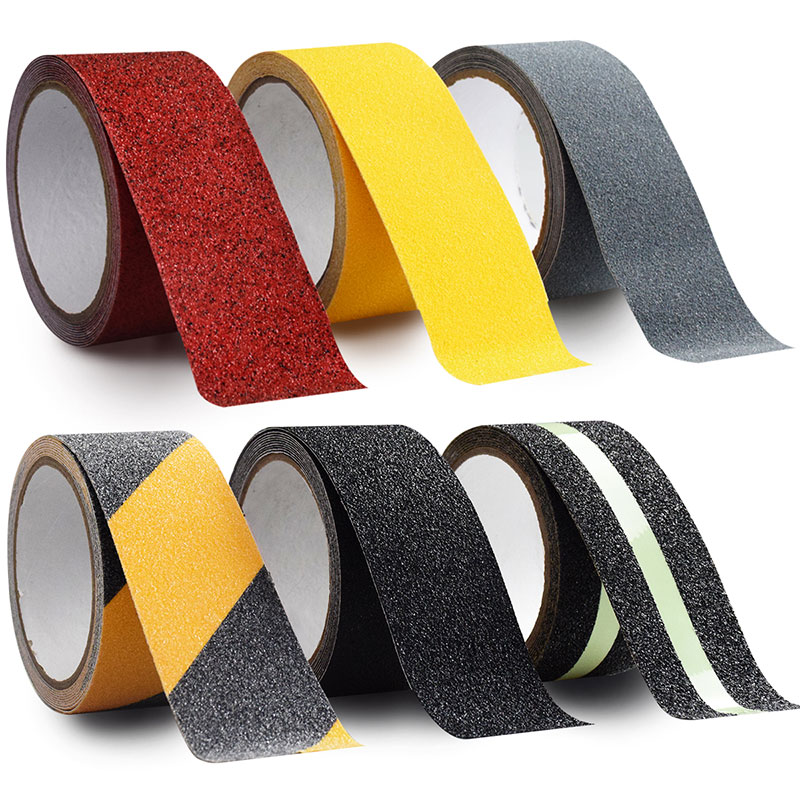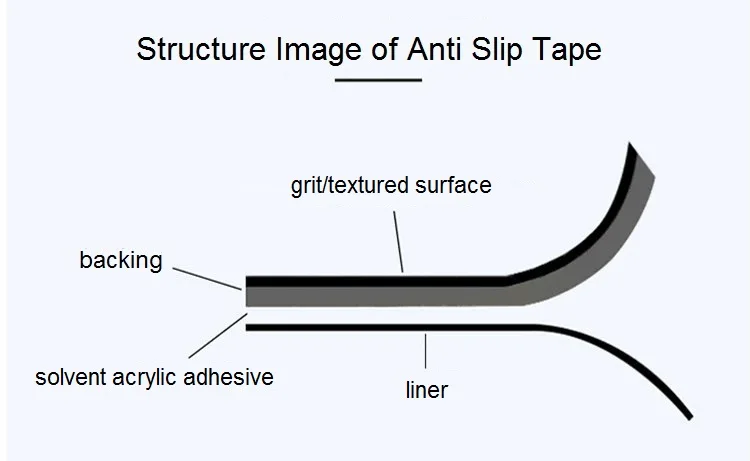The difference between organic fertilizer, biological bacterial fertilizer and biological organic fertilizer
Organic fertilizers in a broad sense are commonly called farmyard fertilizers and include various animal, plant residues or metabolites, such as human and animal manure, straw, animal residues, and slaughterhouse wastes. Organic manure mainly comes from plants and animals. It is applied to the soil to provide carbonaceous materials with plant nutrition as its main function. It is processed from biological matter, animal and plant wastes, and plant residues. It eliminates the toxic and harmful substances contained therein. Contains a large number of beneficial substances, including a variety of organic acids, peptides and rich in nutrients including nitrogen, phosphorus, and potassium. Not only can provide comprehensive nutrition for crops, but also has a long effect on fertilizers. It can increase and renew soil organic matter, promote microbial reproduction, and improve soil physical and chemical properties and biological activity. It is the main nutrient for green food production. Second, what is biological bacteria fertilizer Biofertilizer is the addition of beneficial bio-organisms in organic fertilizers, which acts as a nitrogen fixation, degrades organic nutrients in the soil, inhibits soil-borne diseases and improves soils. The bacteria in the fertilizer are applied to the soil and function again. Biofungus contains only functional bacteria, which increases the use of soil-fixing fertilizers through functional bacteria. The organic matter of bio-organic fertilizer is itself an environment in which functional bacteria live. It is easy to survive after being applied to the soil. The functional bacteria of bio-fertilizer may not be suitable for certain soil environments. Biofertilizer is a kind of product that causes the crop to obtain a specific fertilizer effect due to the life activities of microorganisms, and is a kind of fertilizer used in agricultural production. For a long time, there have been some misunderstandings and prejudices about the perception of microbial fertilizers in the society. One view is that it has a high degree of fertilizer efficiency, treating it as an all-purpose fertilizer and even threatening to completely replace chemical fertilizers. Another view is that it is not a fertilizer at all. In fact, both are prejudices. Many years of experiments at home and abroad have proved that inoculation of legumes such as soybeans, peanuts and other leguminous crops can increase the symbiotic nitrogen fixation efficiency, and it does have the effect of increasing production. The rational application of other bacterial fertilizers or microbiological fertilizers can also increase the yield of non-legume crops. With fertilizer can not reach the effect. Therefore, we believe that it is a fertilizer, and it differs from traditional fertilizers and organic fertilizers in concept and connotation. Microbial fertilizer is a living fertilizer, and its function is mainly depended on the life activities of a large number of beneficial microorganisms it contains. Only when these beneficial microorganisms are in a state of vigorous reproduction and metabolism can material conversion and beneficial metabolites be continuously formed. Therefore, the type of beneficial microorganisms in microbial fertilizers and whether their vital activities are active are the basis for their effectiveness, unlike other fertilizers that are based on the forms of nitrogen, phosphorus, potassium, and other major elements. Because microbial fertilizers are live preparations, their fertilizer effects are closely related to the number and intensity of live bacteria and their surrounding environment conditions, including temperature, moisture, pH, nutrient conditions, and the repulsion of indigenous microorganisms originally living in the soil. Use caution when applying. Third, what is biological organic fertilizer As an alternative to chemical fertilizers, organic fertilizers and biofertilizers are one of the foundations of organic agriculture and green agriculture. Due to their respective deficiencies, a fertilizer that has both advantages has recently emerged and has been promoted - bio-organic fertilizers. : Bioorganic manure refers to the combination of specific functional micro-organisms and mainly animal and plant residues (such as livestock manure, crop stalks, etc.), and is made of harmless and decomposed organic materials. Fertilizers and organic fertilizers, bio-organic fertilizers contain functional bacteria and organic matter that can improve the soil and promote the release of nutrients that are fixed by the soil. Fourth, the difference The difference between bio-organic fertilizer and chemical fertilizers is as follows: (1) The nutrients of bio-organic fertilizer are complete; only one or more nutrient elements of chemical fertilizers are available. 2 Bio-organic fertilizers can improve the soil; regular use of fertilizers can cause soil compaction. 3 Bio-organic fertilizer can improve product quality; too much fertilizer application leads to poor product quality. 4 Bio-organic fertilizer can improve the rhizosphere microbiota of crops and improve the plant's resistance to pests and diseases. Fertilizer is a single crop microbial population and is prone to pests and diseases. 5 Bio-organic fertilizer can promote the use of chemical fertilizers and improve the utilization rate of chemical fertilizers. Fertilizers alone can easily cause the fixation and loss of nutrients. Difference between bio-organic fertilizer and refined organic fertilizer: Refined organic fertilizer is a commodity organic fertilizer that is packaged and sold after animal manure is dried and crushed. 1 The bio-organic fertilizer is completely decomposed, and the roots are not burned. The refined organic fertilizer is not decomposed, and it is decomposed in the soil after being directly used, which may cause burning phenomenon. 2 The bio-organic fertilizer is decomposed at high temperatures, killing most of the pathogens and eggs, reducing the incidence of diseases and insect pests; the refined organic fertilizer will not induce decomposition when it is decomposed in the soil. 3 The addition of beneficial bacteria to the bio-organic fertilizer reduces the occurrence of diseases due to the mass effect of the bacteria. The refined organic fertilizer kills all the microorganisms inside due to high temperature drying. 4 Bioorganic fertilizers have high nutrient content; refined organic fertilizers cause loss of nutrients due to high temperature treatment. 5 The bio-organic fertilizer is deodorized, has a light smell, and is almost odorless; the refined organic fertilizer has no odor, and the odor appears when the organic fertilizer is used. Differences between bio-organic fertilizer and farmyard manure (traditional organic manure): 1 The bio-organic manure is fully cooked, the mortality of eggs is above 95%; the farmyard manure is simply stacked, and the mortality of eggs is low. 2 The bio-organic fertilizer is odorless; the farmyard fertilizer has a bad smell. 3 The bio-organic fertilizer is uniform and easy to apply; farmyard manure is inconvenient to apply and fertilizer is not applied uniformly. The difference between bio-organic fertilizer and bio-fertilizer: 1 bio-organic fertilizer is cheap, about 1,000 yuan per ton; bio-fertilizer is expensive, and every million tons. 2 Bio-organic fertilizer contains functional bacteria and organic matter, which can improve the soil to promote the release of fixed nutrients from the soil. The biological bacterial fertilizer contains only functional bacteria and promotes the use of fixed fertilizers in the soil through functional bacteria. 3 The organic matter of bio-organic fertilizer is itself an environment in which functional bacteria live. It is easy to survive after being applied to the soil. The functional bacteria of bio-fertilizer may not be suitable for some soil environments.
Anti slip tape
Jerry tape is specialized in anti slip tape for 10 years. Our anti slip tape is designed with a highly durable weatherproof triple layer adhesive which is imported from Japan to make sure your tape does not peel off easily. It offers extra traction,help reduce the risk of slipping and falling when you go up and down the stair,Great for the family with kids pets and elders,Durable waterproof anti skid tape for steps is perfect for outdoor and indoor use.
1. Material of Jerry tape anti slip tape
2. Features of Jerry tape anti slip tape
1).Grit sandpaper surface with adhesive back.
3. Applications of jerry tape anti slip tape
1).Floor,stair,slope Anti Slip Tape,Anti Skid Tape,Non Slip Tape,Non Skid Tape Kunshan Jieyudeng Intelligent Technology Co., Ltd. , https://www.yuhuanptapes.com

2).Grease and water resistant.
3).Temperature range -40° to 158°F.
4).Extra-wide rolls up to 3 ft. ideal for ramps and walkways.
5).Heavy Duty - Thicker extra-coarse surface with aggressive adhesive. For muddy, greasy and oily areas.
2).Machines and motor vehicles
3).kitchens and canteens
4).Prevention of slipping accidents
5).Fixes smooth, wet, oily and greasy floors
6).Non-slip demarcation